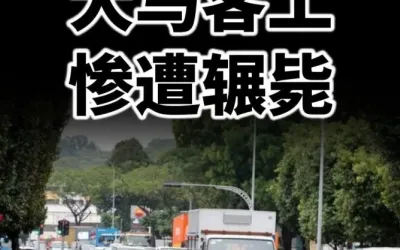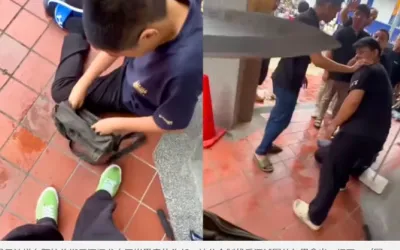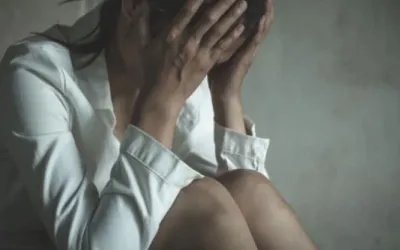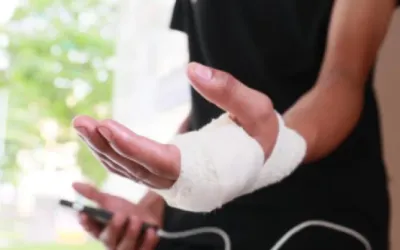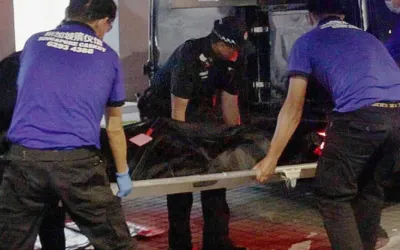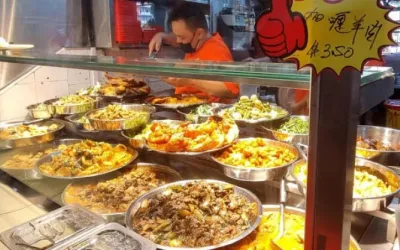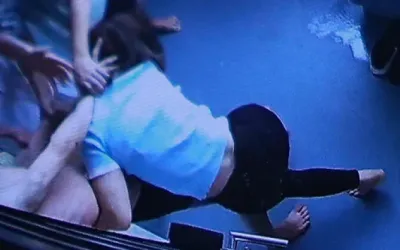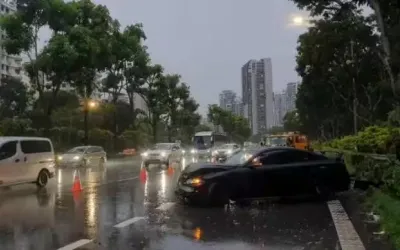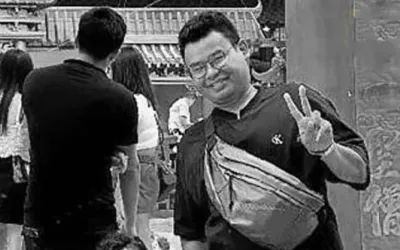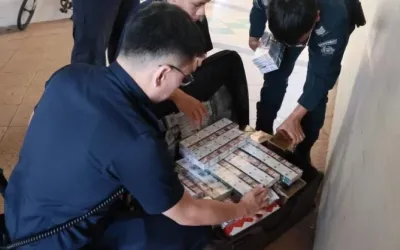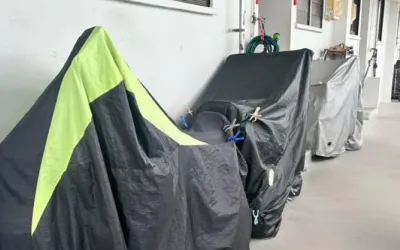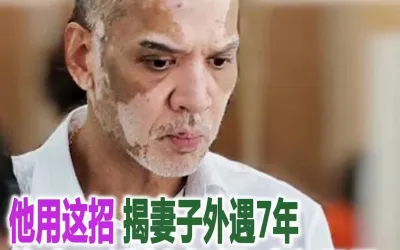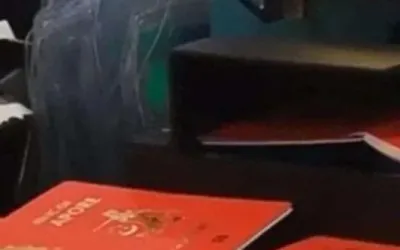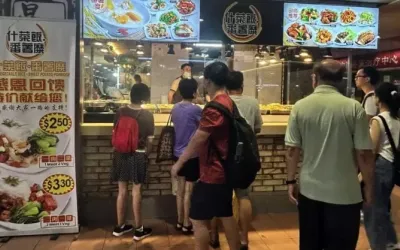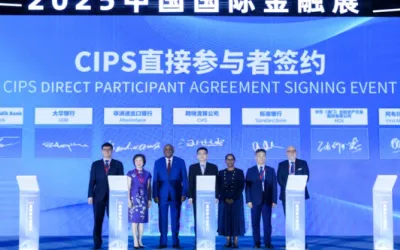The bottom line is that there are many more opportunities and possibilities for you to explore and I will encourage you to make full use of them. It is good to have options but sometimes too much choice can be overwhelming. It was quite simple during my time, my parents would say if you can study, go as far as you can, if you cannot study, find a job. I do not care what the job is, just get to work and bring some money back home. That was the very simple mindset.
Nowadays, you have many more opportunities, and you start worrying if you are making the right choice. You start comparing with your what your friends are doing, and it may lead to a certain paralysis and a certain level of stress and anxiety. How do you decide what path to take?
My suggestion for all of you, is to start from within. Do not compare, do not ask what your friends are doing. We all have our own abilities and strengths, there is no need to compare with others to squeeze into boxes we were not meant to fit. Instead, follow your own talents and strive to reach your own full potential.
Remember that your talents do not exist fully formed. You cannot possibly become an instant expert. Just because you graduate from ITE, polytechnic or university, does not make you knowledgeable about whatever you studied.
Learning must continue. At this stage, you may not even be sure what your strengths are. It really requires you to gain some work experience, start doing things. And over time, cultivate and nurture your abilities and strengths. It is a journey.
Along the way, you will very likely face some rejections and setbacks. But if you work hard to cultivate our own virtues and excel at what you do, you will see breakthroughs.
This is not just talking in abstract. We see real-life examples of this around the world. Look at what happened during COVID. One of my favourite stories during COVID was about this scientist who had made a breakthrough in mRNA vaccines. We know all about mRNA because of COVID. The pioneer of mRNA is a researcher called Dr Katalin Kariko.
But for 20 years prior to Covid, her research was not recognised. Her funding applications were rejected. In fact, her university demoted her, cut her pay, and did not grant her tenure. But she continued doing her work because she enjoyed it, because she had passion in it. She cared little about status or rewards. She felt the science was good, she enjoyed the science and she wanted to persevere in her research. Because of her dedication to her work, she ended up saving countless lives globally and she now a Nobel Prize Laureate.
You may think this is an exception. But this is really what all of us have to go through in life. Behind every success story, there will often by failures. You have to be prepared for dry spells and setbacks in your lives.
Sometimes, maybe even many times, it will feel like the work you do is not being appreciated or recognised sufficiently. But it is precisely in those moments that you must focus on doing your work well. You must keep on working hard and maintaining high standards of excellence. If you do that, you will only learn and get better at what you do, and eventually your talents will be recognised, other doors will open, and you find new possibilities to flourish and thrive.
So I encourage all of you to embrace this attitude of learning and excelling at whatever you do – not just when we are in school, not just after we graduate, but throughout our lives.
The Government will do more to support you. That is why we are investing significantly in SkillsFuture, in providing you more opportunities to upgrade your skills to be fresh and get better at what you are doing. As you get older, and even when you are in your 40s or around my age in your 50s, you will be able to get a fresh injection of skills, learn something solid and you might very well get a second wind in your careers.
Third, we must all do our part to contribute to a better society.
We do not want a society where everyone is for themselves, where the fittest survives and the weak suffer what they must. Indeed, all of us do not want that to happen in Singapore. During the Forward Singapore exercise, many told us that they want a Singapore that is inclusive, where everyone belongs, where benefits are shared with all, and not just held by a few. What is heartening to see is that many of us do want to do our part to contribute to this better Singapore.
We certainly saw this during Covid. We saw so many Singaporeans stepping forward, to help on their own accord – be it to collect essential supplies to help families in need, or to reach out to isolated seniors. More recently, when the oil spill happened in Singapore – many volunteers came forward, and helped out with the beach patrols and clean ups.
As far as the Government is concerned, we will create more opportunities for you to contribute to the common good, and to shape the character and tone of our society. We set up the Singapore Government Partnerships Office earlier this year, to make it easier for Singaporeans to partner with the Government.
We are creating more platforms that bring together citizens, community groups and businesses to develop and implement solutions on significant issues of the day, be it uplifting lower wage workers, or making Singapore more food resilient. More recently, we have setup youth panels to deliberate over issues of concern to young people. We have setup four such panels, that cover issues like financial security and sustainability. The youths on the panels that come together put in tremendous time and effort to understand the issues, and they will be given a chance to present their recommendations for improvements at an inaugural Youth Policy Forum in August. You may not have had the chance to participate in this round of Youth Panels, but there will be subsequent editions, and we welcome more of you to join in.
